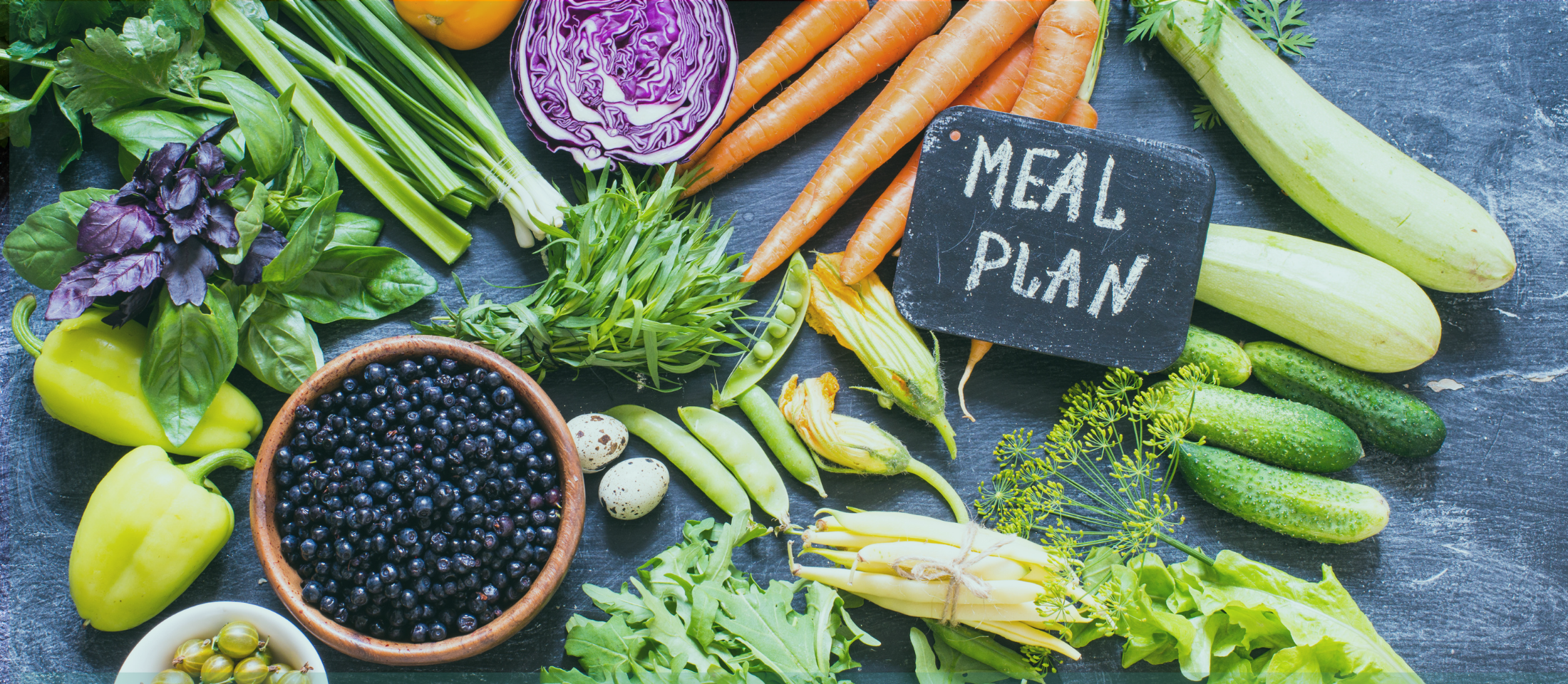
“You are what you eat.”
“Food is fuel.”
“You can’t leave the dinner table until you eat all of your veggies.”
“Eat your vitamins.”
“Don’t dig your grave with your own knife and fork.”
Sounds familiar? We’ve heard these sayings way too many times, but do you ever really think about what they mean? How healthy is your diet?With 70% of the immune system housed in the gut, our diet is bound to directly affect our body’s health. For optimal health, the human body relies on 30 vitamins and minerals found only in certain foods.
Top Vitamin Deficiencies & Foods That Help:
- Zinc: Foods high in Zinc are red meat, shellfish, chickpeas, beans, nuts, milk, cheese, eggs and dark chocolate.
- Potassium: Foods high in potassium are bananas, mushrooms, potatoes, peas, cooked broccoli and spinach.
- Folate (Vitamin B9): Foods high in folate are green leafy vegetables, fresh fruits and yeast.
- Vitamin D: Foods high in Vitamin D are salmon, trout, eggs, mushrooms, and milk.
- Calcium: Foods high in calcium are milk, cheese, kale, broccoli and tofu.
- Vitamin B12: Foods high in Vitamin B12 are meat, cheese, milk.
- Iron: Foods high in Iron are oysters, red met, spinach, broccoli.
- Vitamin C: Foods high in Vitamin C are red and green peppers, strawberries, broccoli, kiwi, lemons, oranges and grapefruit.
- Magnesium: Foods high in Magnesium for a healthy diet are avocado, dark chocolate, nuts, beans, chickpeas, tofu, bananas, leafy greens and salmon.
- Vitamin B6: Foods high in Vitamin B6 are chickpeas, fish, potatoes, bananas.
How Healthy is Your Diet? Here’s How To Know:

Do you get tired easily or have no energy? Experiencing any headaches, hair loss, skin irritation or muscle cramps? These are just a few symptoms that point to a vitamin deficiency. Minor symptoms after time can turn into long lasting health issues. No one wants to feel sick or not at their best. A lack of a healthy diet may be affecting the way you feel without you realizing it.
The feeling of waking up refreshed and being able to accomplish everything you want without you having to slow down for your body, that is the feeling of a nutritious diet. Vitamins and minerals fuel your body enough to accomplish anything you want like chasing after 4 kids, finishing a project or a race, and juggling work, your social life, and workout routine. Wherever you are headed on your life’s journey it is important to make sure you are in the best nutritional health. A blood panel is the best way to determine how healthy your diet is.
The Nutritional Profile test will evaluate electrolytes, sugars, proteins, enzymes, and vitamins. A nutritional blood panel can show if your levels are too high or too low in an area of your nutrition. Every person and every diet is different, requiring specific needs for each person.
What Blood Work is Included in a Nutritional Profile?
- Zinc: Determines your Zinc levels in your system. Zinc aids the metabolism of proteins, fats, and carbohydrates, promote wound healing, and are vital for the transport of oxygen throughout the body.
- Comprehensive Metabolic Profile: Determines liver & kidney function, cholesterol levels, diabetes risk & coronary artery disease risk.
- Homocysteine: Measures the levels of common amino acids in your blood. You get it mostly from eating meat. High levels of it are linked to early development of heart disease.
- Complete Blood Count: Evaluates your overall health and detects a wide range of disorders, including anemia, infection & leukemia.
- Iron & Iron Total Binding Capacity: Determines if there is too much or too little iron in the blood.
- Vitamin B12: Determines if you are lacking Vitamin B12 that provides energy and helps the metabolism.
- Folate: Determines if you are lacking any Folate, needed to make blood cells for bone marrow and convert carbohydrates into energy.
- Vitamin D: Determines if you are lacking Vitamin D. Vitamin D is important for healthy teeth and bones.
- Ferritin: Measures the levels of Ferritin in your blood. Ferritin is a protein that stores iron inside your cells.
- Vitamin C: Measures the levels of Vitamin C in your blood. Vitamin C plays an important role in the growth and repair of body tissues.
NOW UNTIL 9.30.2020 Enjoy $50 OFF ProHealth’s Nutritional Panel.
Where to Get Lab Work Done?
Easy! Call or stop by any ProHealth locations. No doctor’s order required, walk-ins welcome. Nutrition Profile available at ProHealth for $295.
Do I Need to Fast?
Yes, fast at least 8 hours. You can have water and plain black coffee during the fasting hours.
How Long Does It Take?
Around 20 minutes or less!
When Do I Get My Results & What To Do With My Results?
You’ll have your results in 2-3 business days. ProHealth makes it convenient for you, so if you prefer email over USPS mail, we’ll email them. We can even fax it or you can pick up a hard copy at our office. We’ll send your results in whatever way is most convenient for you.
Reading your results is simple. All tests will be listed on the left side and your number will be listed on the right. If there’s not a H or a L, you’re in the normal range. For deeper interpretation of any irregular lab results and how healthy your diet is, we recommend setting up an appointment with our Medical Providers at ProHealth Medical Clinic. They are equipped with the knowledge necessary to get you on track to your healthiest self!
Reminder: We keep our prices low because we believe you shouldn’t have to pay an arm and a leg to see your family doc. There’s no insurance required for these visits – all prices are transparent and listed on our website HERE. No hidden fees or bills sent to you in the mail months later.
So, what are you waiting for? Feel confident in knowing that you’re giving the right nutrients to your hard-working body. As a result, wake up refreshed and able to accomplish more! Call to make an appointment (or walk-in) today!


Comments (1035)
Thank you, your article surprised me, there is such an excellent point of view. Thank you for sharing, I learned a lot.